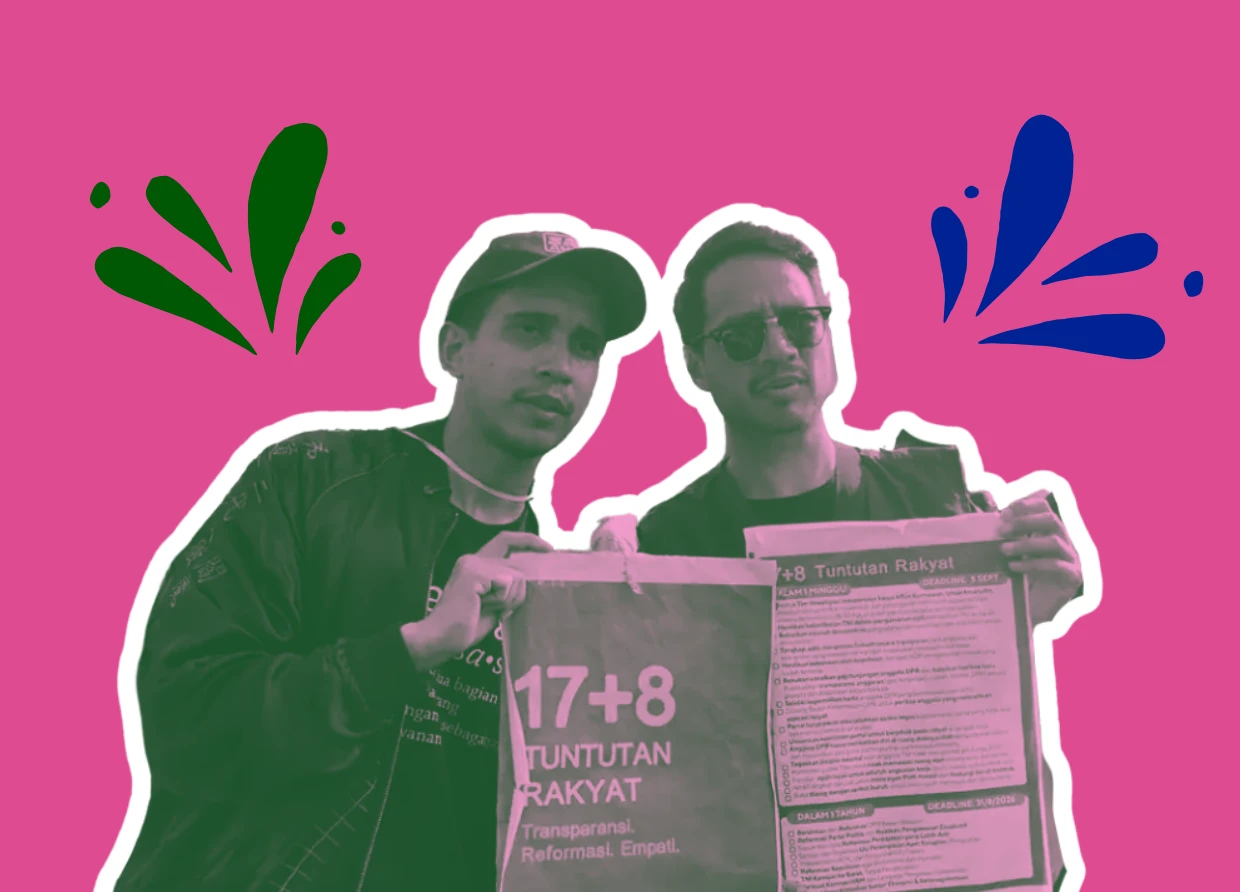IS YOUR SCREEN FRIEND OR FOE? WHY CYBER EDUCATION COULD BE THE MOST IMPORTANT SUBJECT YOU NEVER HAD
Why digital literacy is no longer optional—and how young people can take charge of their online safety in an AI-driven world.

In an age where scrolling is second nature and AI-generated content fills our feeds, it’s easy to think the digital generation has everything under control. But beneath the surface of likes and livestreams lies a digital battlefield filled with cyberbullies, data thieves, deepfakes, and algorithmic traps — and many young users are stepping into this world unprepared.
This National Education Day, we’re turning the spotlight away from classrooms and textbooks to an area where education might just save lives — the internet. With GenAI tools making it easier than ever to impersonate, manipulate, and mislead, being “tech-savvy” isn’t enough anymore. It’s time to go beyond the surface and ask the tough question: are we truly teaching youth how to survive online?
The Hidden Curriculum of the Internet
It’s not all doomscrolling and drama — today’s youth are navigating an incredibly complex digital space that’s evolving faster than any school syllabus. From cyberbullying to identity theft, even the most confident digital natives are vulnerable. New threats like deepfakes can mimic voices and faces, blurring reality and creating opportunities for online deception at an unprecedented scale.
Recognizing this, Indonesia’s Ministry of Communication and Digital (Komdigi) has recently taken a bold step by enforcing new regulations on children’s access to certain digital platforms. It’s a move that makes headlines — but laws alone can’t protect young users from the dangers that lurk just a click away.
Cyber Safety Isn’t a Solo Mission
“Creating a safer internet isn’t about just blocking access — it’s about building understanding,” says Adi Rusli, Country Manager for Palo Alto Networks Indonesia. His message? Real digital security comes from collaboration: between governments, educators, parents, tech companies, and — crucially — young users themselves.
In the spirit of #Hardiknas, this National Education Day is a wake-up call to rethink what we define as ‘essential education.’ A comprehensive cyber education framework could be the foundation for future resilience — equipping students with the skills to recognize fake links, build strong passwords, and think critically in the face of algorithmic manipulation.
Cyber Hygiene 101: What You Really Should’ve Learned in School
Let’s be honest: most of us weren’t taught how to spot a phishing scam or secure our data until it was too late. That’s why both homes and schools need to step up. Parents can lead by example, keeping tech in shared spaces and modeling mindful online behavior. Schools, on the other hand, must embrace open conversations around digital mistakes — no judgment, just learning.
From encouraging students to use safe words to verify suspicious messages to teaching staff and families how to detect phishing attempts, the goal is simple: make smart digital behavior second nature.
And for the youth themselves? It’s time to treat your digital presence like your real identity — because that’s exactly what it is. Update your apps. Use multi-factor authentication. Choose passphrases over passwords. And if something feels off online? Say something.
From Regulation to Empowerment
Palo Alto Networks is doing more than sounding the alarm. Through its Cyber Safe Kids initiative and collaboration with Indonesia Women in Cybersecurity (IWCS), the company is launching programs that make cybersecurity education accessible, engaging, and — dare we say — cool. From interactive modules to school-focused campaigns like Perempuan Pelita Digital, these efforts are proof that when tech and education unite, change is possible.
Because when it comes to shaping the future of the internet, young people aren’t just users — they’re leaders in the making.
So this National Education Day, the question isn’t whether students are online. It’s whether we’ve done enough to teach them how to be safe, smart, and strong while they’re there.
#THE S MEDIA #Media Milenial #digital literacy #cyber safety #online education #Hari Pendidikan Nasional #youth and technology #AI awareness #deepfake risks #cybersecurity for students #responsible internet use #parental guidance online #school digital programs #Gen Z online safety #Indonesia digital regulation #cyberbullying prevention #safe internet habits #Palo Alto Networks #Cyber Safe Kids #digital parenting #education and technology #online threat awareness


























